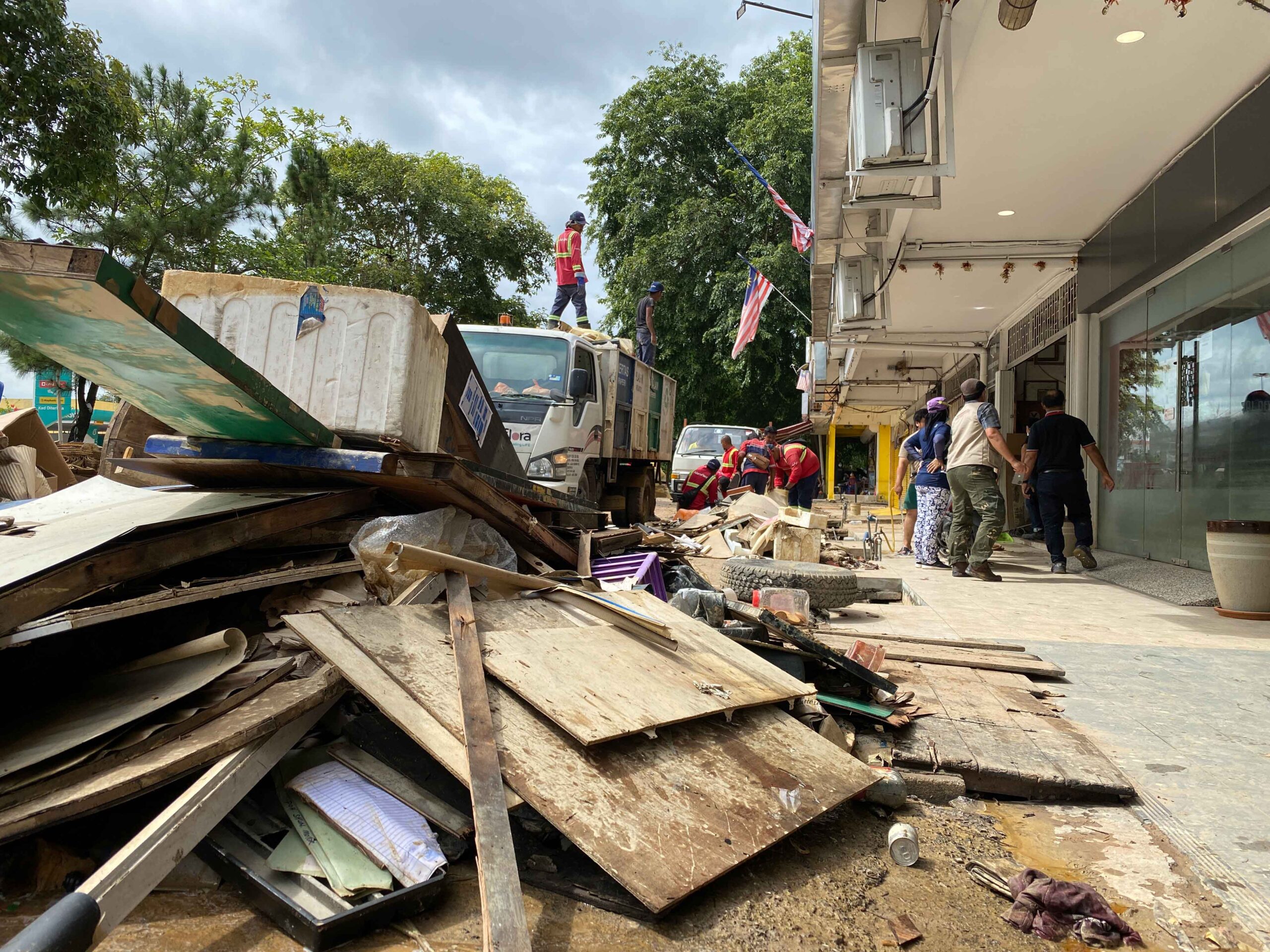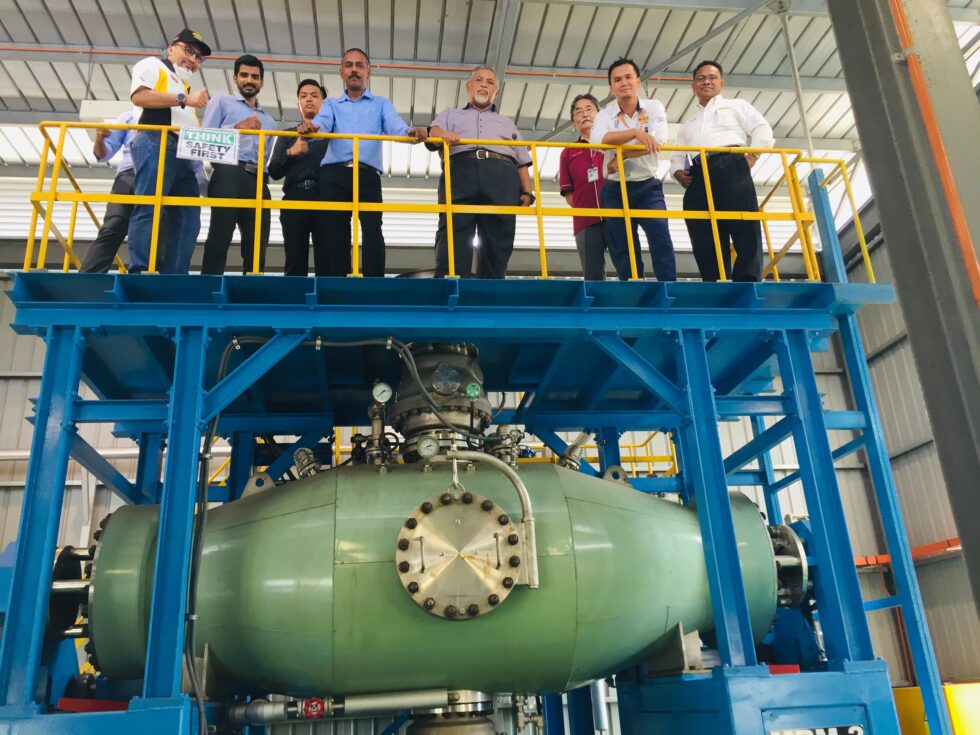Research in ChEE
The department members are focus on chemical and environmental engineering, which aligned with the United Nation’s Sustainable Development Goals (SDGs).Our Research
The department members are focus on chemical and environmental engineering, which aligned with the United Nation’s Sustainable Development Goals (SDGs).
Research @ MJIIT is classified into several distinct groups of ikohzas. Unlike typical research groups, ikohzas at MJIIT are formal structures for collaborative research. Each is led by a senior academic with group members comprising academics and researchers of similar interests, and students as junior members.
Within this framework, the Senpai-Kohai relationship or mentoring concept is realised from the moment a research student is admitted into the programme and becomes a member of the ikohza. Junior members are nurtured and closely supported by their seniors, and there is strong collaboration and continuous guidance from professors and other senior members of the research group.
At MJIIT, research is categorized into focus areas under several ikohzas and center.
Research Centers

Disaster Preparedness and Prevention Centre (DPPC)
Manager: Dr Khamarrul Razak
The DPPC center is established to facilitate national and international collaborations in applied research, training and field practice for disaster resilience in collaboration with Japanese and other partners. The center aimed (1) To conduct applied research, promote technological innovations and build knowledge database on disaster resilient societies. (2) To develop highly-skilled human resources with state-of-the-art technologies through higher education programmes (3) To practice field-oriented and evidence-based actions for supporting decision makers and stakeholders

Malaysia Japan Advanced Research Center (MJARC)
Manager: Dr Pramila Tamunaidu
MJARC was launched through the initiative of the 10th Malaysia Plan, as an international research and development (R&D) centre in the field of Sub-Critical Water Waste Management System (SCW-WMS). MJARC aims to provide sustainable and innovative solutions for the management of solid waste and conversion of solid waste into high quality products. This MJARC laboratory based on Sub-Critical Water technology can treat various organic solid waste (food waste, biomass waste, agricultural industry waste etc.) to produce high quality products such as organic fertilizer, soil nursing agent, and animal feed.
ikohza (Research Groups)
Air Resources Research Laboratory
Leader: Prof. Dr. Ezzat Chan bin Abdullah
The Air Resources ikohza focuses on the safeguard of air resources or ambient air quality against man-made pollution. The research includes surveillance and quantification of pollutants that centres on detailed physical and chemical characterization of the pollutants in the ambient air or from stationary sources. The research is directed towards fine particulate size fraction that has a strong association with anthropogenic or man-made pollution sources, which is difficult to control and is known to impose health problems.
Algal Biomass
Leader: A.P. Dr. Koji Iwamoto
The ikohza is focusing on the development of algal caltivation and algal biomass utilisation as energy sources from micro scale to macro scale.
Chemical Energy Conversions and Applications (ChECA)
Leader: A.P. Dr. Kamyar Shameli
The iKohza dedicated for the promotion of research on sustainable energy development via the application of fundamentals of chemical energy conversion reactions and development of new materials to enhance their efficiency. Our research involves development of variety of functional solid materials with fast ion or electron transport capable of driving various chemical conversion reactions such as catalytic, electrocatalytic, photocatalytic and biocatalytic reactions to obtain energy and store it in various forms.
Metabolic Engineering and Molecular Biology (MEMO-Bio)
Leader: A.P. Dr. Hirofumi Hara
The Metabolic Engineering and Molecular Biology (MEMO-Bio) ikohza was established in April 2014. The focus of this i-Kohza is to solve environmental issues using function of microorganism. Issues of depletion of fossil fuel and natural resources are getting worse and the use of green technology to combat climate change, to produce renewable energy, to reduce pollution are some of the objectives in the research at MEMO-Bio.
